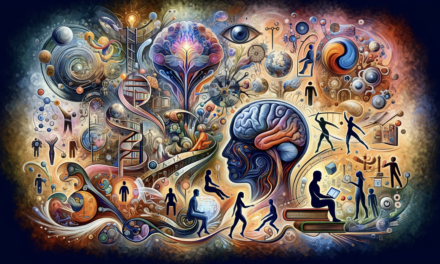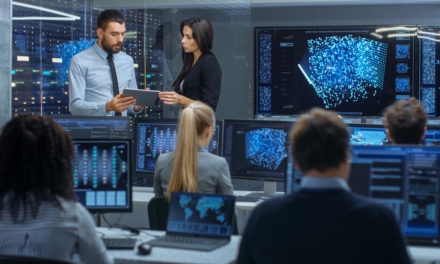One of the first pieces of research I encountered during my PhD studies was the “Cost-Trust Relationship” report by the Construction Industry Institute. This seminal work highlighted how distrust among parties in a construction project leads to significant cost escalations. This concept of trust as a critical economic lever extends far beyond the construction sites; it is foundational to the fabric of our societies.
Recent data points to a troubling trend: trust throughout Western society is declining. The Edelman Trust Barometer notes a recent dip, particularly in Europe and the USA, with a large portion of populations feeling the system is failing them. The Pew Research Center supports this with findings that 71% of Americans believe trust in each other has deteriorated over the past two decades. Furthermore, Gallup News underscores this sentiment with reports of historically low trust levels in media. These indicators from varied sectors of society reflect a broad and deep erosion of trust.
The Personal Impact of Declining Trust
The erosion of trust has personal consequences as well, particularly in the financial realm. In the UK, the amount of fraud more than doubled to £2.3 billion in 2023, with a significant rise in high-value cases. A startling 77% of scams are now occurring through social media, online marketplaces, and dating apps, as reported by major banks like Barclays. Additionally, the Financial Conduct Authority (FCA) issued 80% more scam warnings in 2020 compared to the previous year, signalling a severe increase in online financial scams. This surge in fraud not only costs individuals financially but also deepens the mistrust within society.
A Personal Call to Action
As we look at these broader societal issues, it’s essential to consider our personal roles. Every individual can reflect on their actions and relationships through simple ethical frameworks like the Rotary Four-Way Test, which asks of the things we think, say, or do:
- Is it the truth?
- Is it fair to all concerned?
- Will it build goodwill and better friendships?
- Will it be beneficial to all concerned?
By applying such principles in our daily interactions within our families and networks, we promote a culture of integrity and trust. Each person’s commitment to truth and fairness can ripple outwards, influencing wider circles and eventually society at large.
Expanding the Scope: The Need for Inter-societal Trust
The significance of trust extends beyond individual societies to the global stage. In an increasingly interconnected world, the trust between nations, superpowers, and religious groups holds the key to addressing some of our most pressing global challenges, particularly environmental issues like climate change and biodiversity loss.
Global Calls to Action
- Foster International Dialogue: Regular diplomatic engagement and transparent communication can mitigate misunderstandings and build trust among nations.
- Promote Cultural and Educational Exchanges: These programs can break down stereotypes and foster mutual respect among peoples of different nations and beliefs, paving the way for cooperative relationships.
- Global Governance Reforms: Enhancing the effectiveness and equity of international institutions like the United Nations can improve trust in global governance, ensuring that all nations feel their voices are heard.
- Joint Environmental Projects: Collaborative international projects on climate change, such as reforestation and ocean conservation, can build trust and demonstrate the benefits of cooperation.
Rebuilding trust is not merely beneficial but necessary. It is as critical to societal health and prosperity as it is to the success of complex projects in fields like construction and essential for our collaborative efforts in addressing global issues. As someone who has led, consulted, and researched project management, I have witnessed the tangible benefits of high-trust environments and the significant risks of their absence. The time to act is now; let us commit to restoring trust as a fundamental principle in our institutions, communities, projects, and international relations. This is not just an investment in efficiency but in our collective future.
Terry Cooke-Davies
27 April 2024
Special thanks to the AI assistance provided by Perplexity AI, and by ChatGPT (4) from OpenAI in shaping this article.






